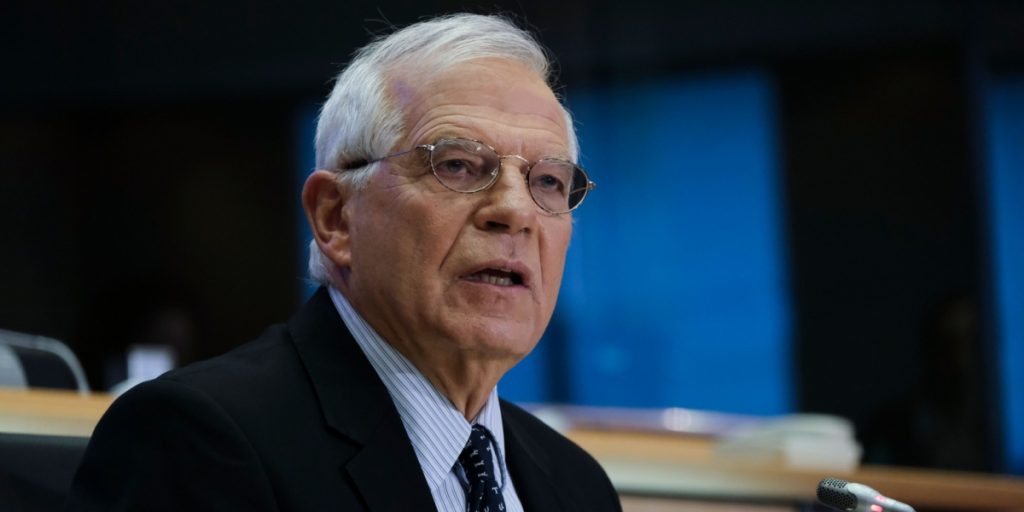Europe must brace for wider conflict, according to EU Diplomat Borrell.
Others are reading now
Europe faces a stark warning from EU’s top diplomat, Josep Borrell, who declared on Tuesday that a full-scale conflict on the continent is “no longer a fantasy.”
“War is certainly looming around us (…), and a high-intensity, conventional war in Europe is no longer a fantasy,” Borrell said during a speech at a Brussels economic forum on April 9.
He pointed out Russia’s aggressive actions in Ukraine and its hybrid warfare tactics as significant threats to European security.
In his most explicit comments to date, Borrell stated, “It [the war] is not going to start tomorrow, but we cannot deny reality,”
Also read
Financial Preparedness and Defense
His remarks come in the wake of warnings from several European military leaders about Russia potentially trying to undermine NATO in the coming decade.
Following Russia’s invasion of Ukraine in 2022, European nations have reversed the trend of decreasing defense spending and have initiated plans to enhance their defense industrial production capacity.
Nonetheless, European efforts to escalate weapon deliveries to Ukraine and re-arm their domestic military forces are gaining momentum slowly, primarily hindered by the challenge of financing further defense investments.
“EU member states created a [European] Defence Agency but did not finance it,” Borrell remarked, underlining the “duality between those who have knowledge about weapons and have been making reports for years to which no one paid attention.”
Strategies for Defence Financing
Considering Europe faces an “existential crisis” in its security situation, Borrell highlighted the pressing need for innovative methods to boost defense funding.
“We need a new intergovernmental financing vehicle (…) comparable to the one that we created during the [eurozone] financial crisis,” he suggested.
Leaders from several EU countries, led by Estonia, have proposed increasing funding through the issuance of joint defense bonds, creating a common debt.
Another suggestion involves redirecting the funds from frozen Russian assets in Europe to the European Peace Facility (EPF), or even more ambitious ideas to amend the EU’s regulations to enable its budget to finance weapons.
In March, EU leaders advocated for the European Investment Bank (EIB) to revise its lending policies to better support the defense industry and reconsider the concept of dual-use goods.
Yet, these initiatives are largely viewed as inadequate in providing the financial strength needed to address the growing demands for defense expenditure.
Borrell also spoke on the concerns circulating among Europeans regarding the possible re-election of former US President Donald Trump, who has implied he might withhold defense of NATO allies in Europe that fail to meet spending requirements.
“The US umbrella, which we have relied on since the Cold War, may not be open all the time,” Borrell remarked.
“Maybe, depending on who is ruling Washington, we cannot rely on America to protect us.”
He concluded, “Within an alliance, the priorities for individual members may change.”


